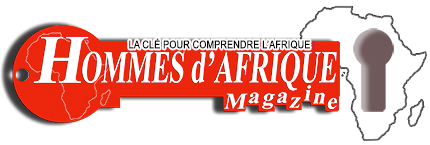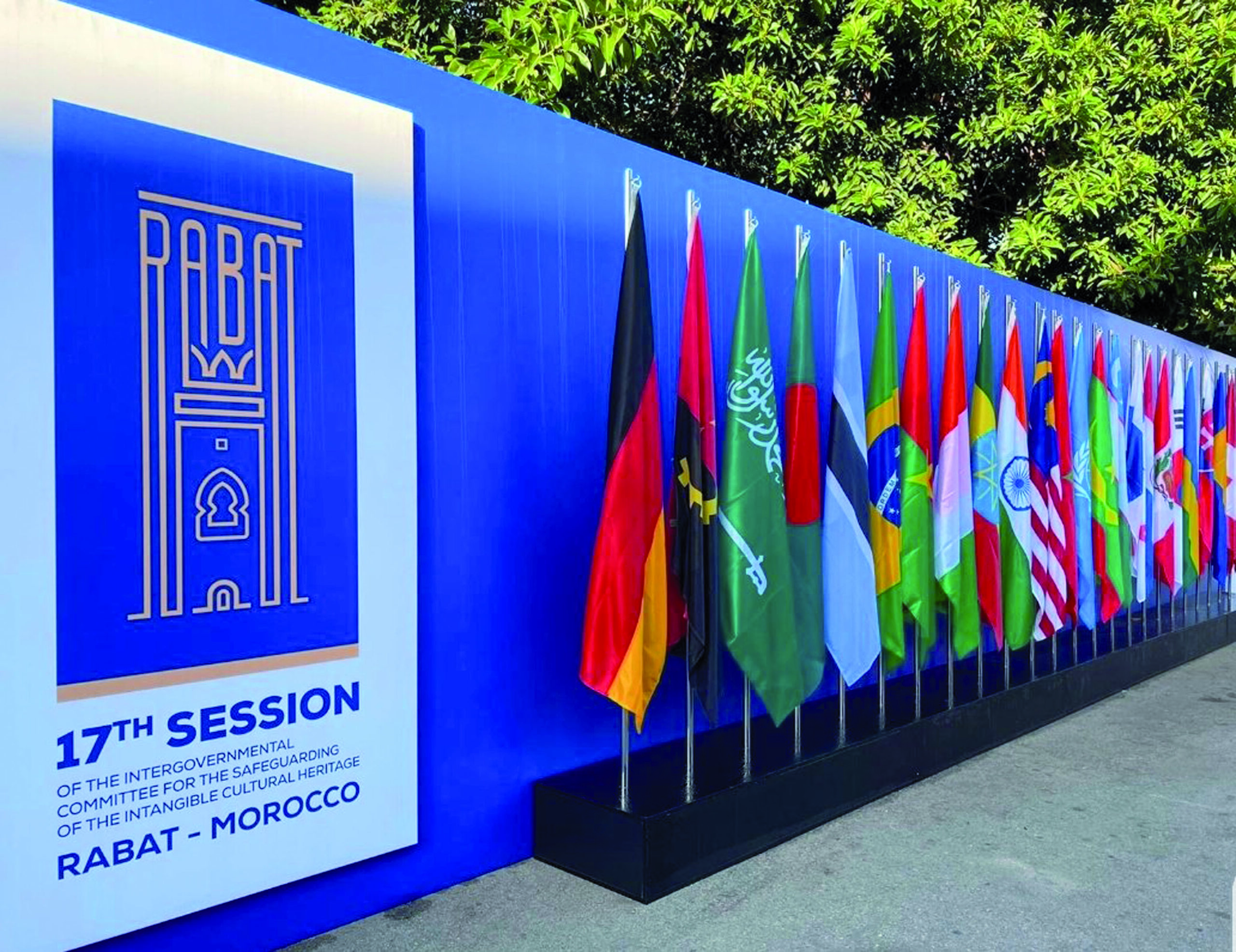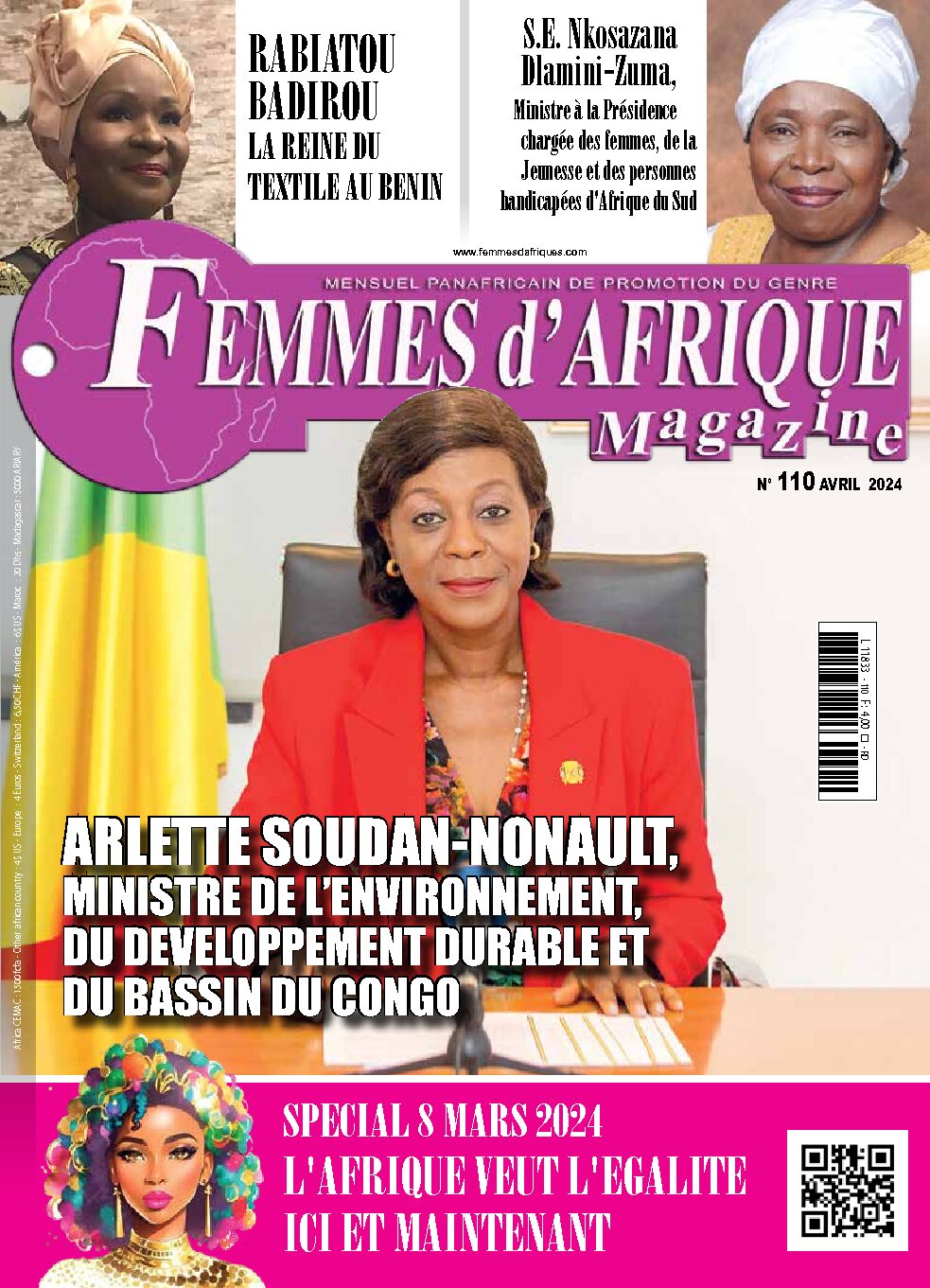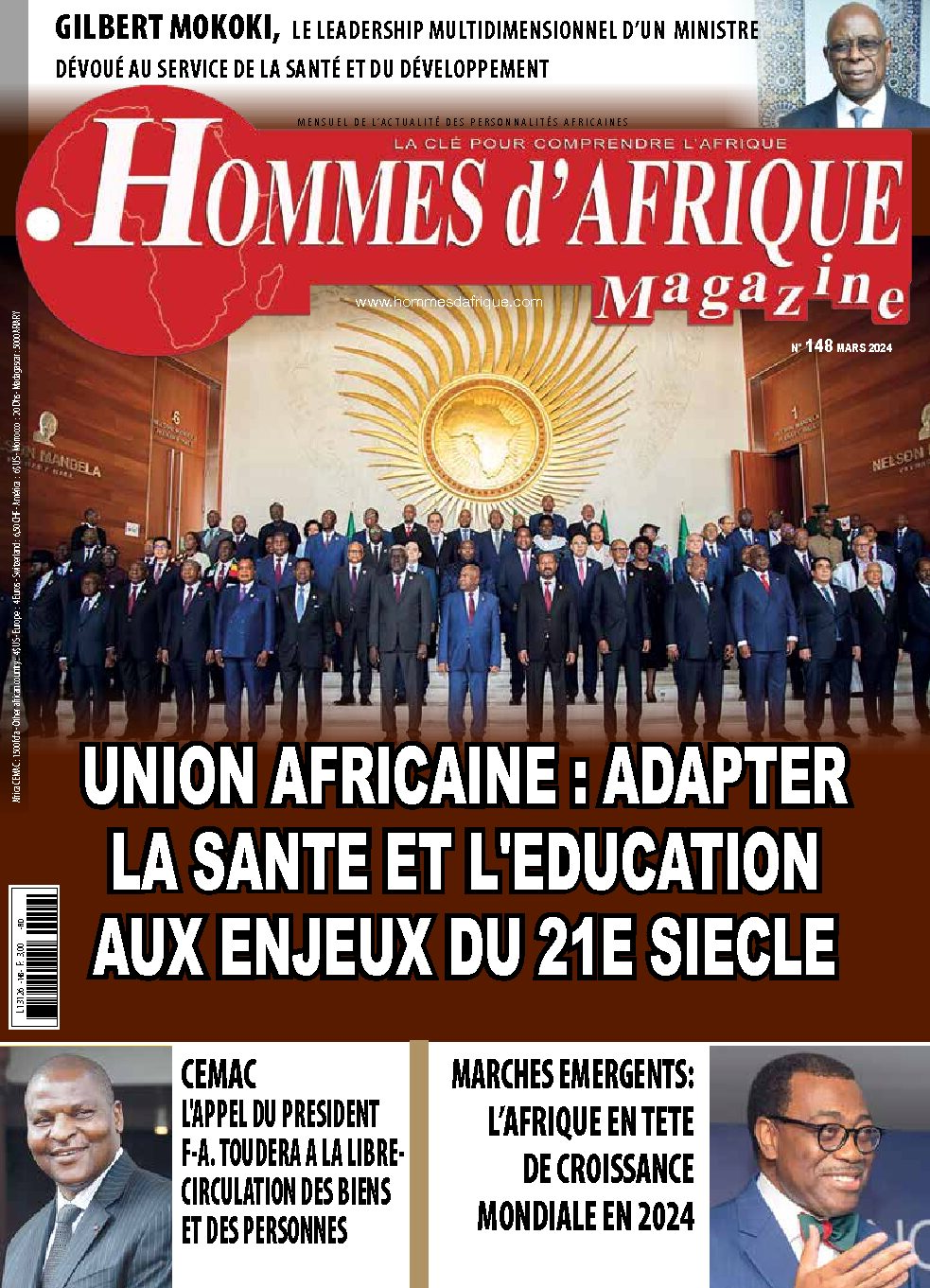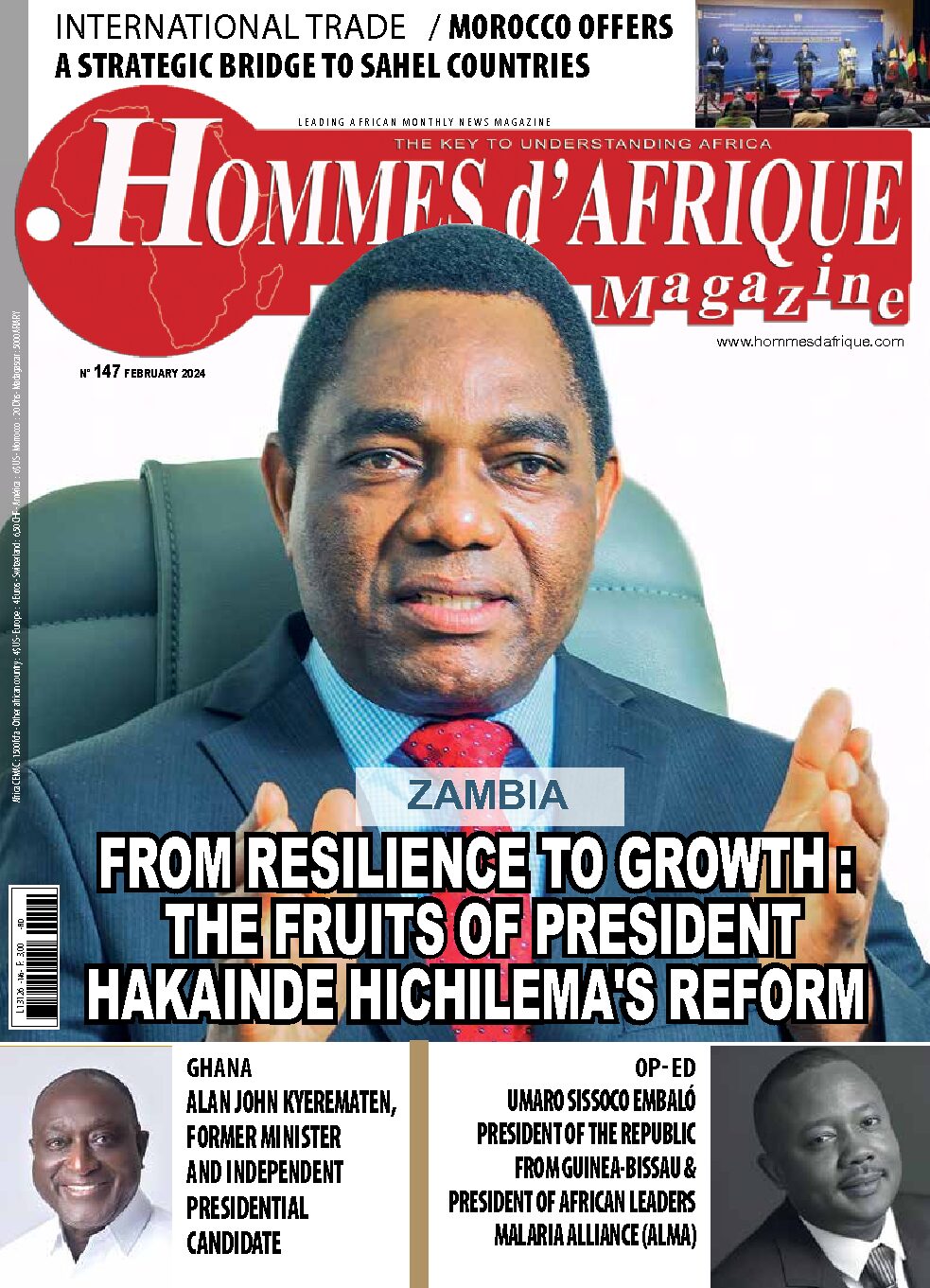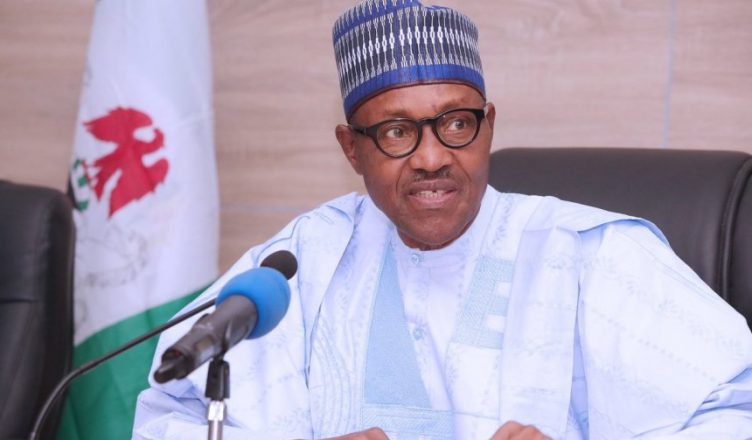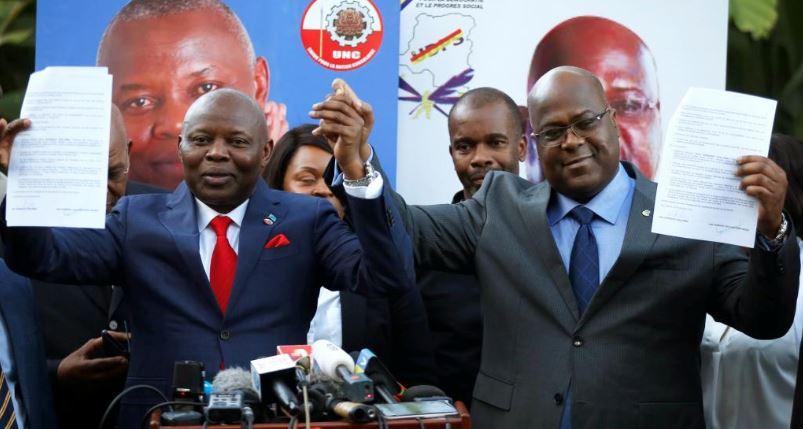THE M23 MOVEMENT DESTABILIZATION, HATE SPEECH, AND HORROR IN THE EAST OF THE DEMOCRATIC REPUBLIC OF CONGO
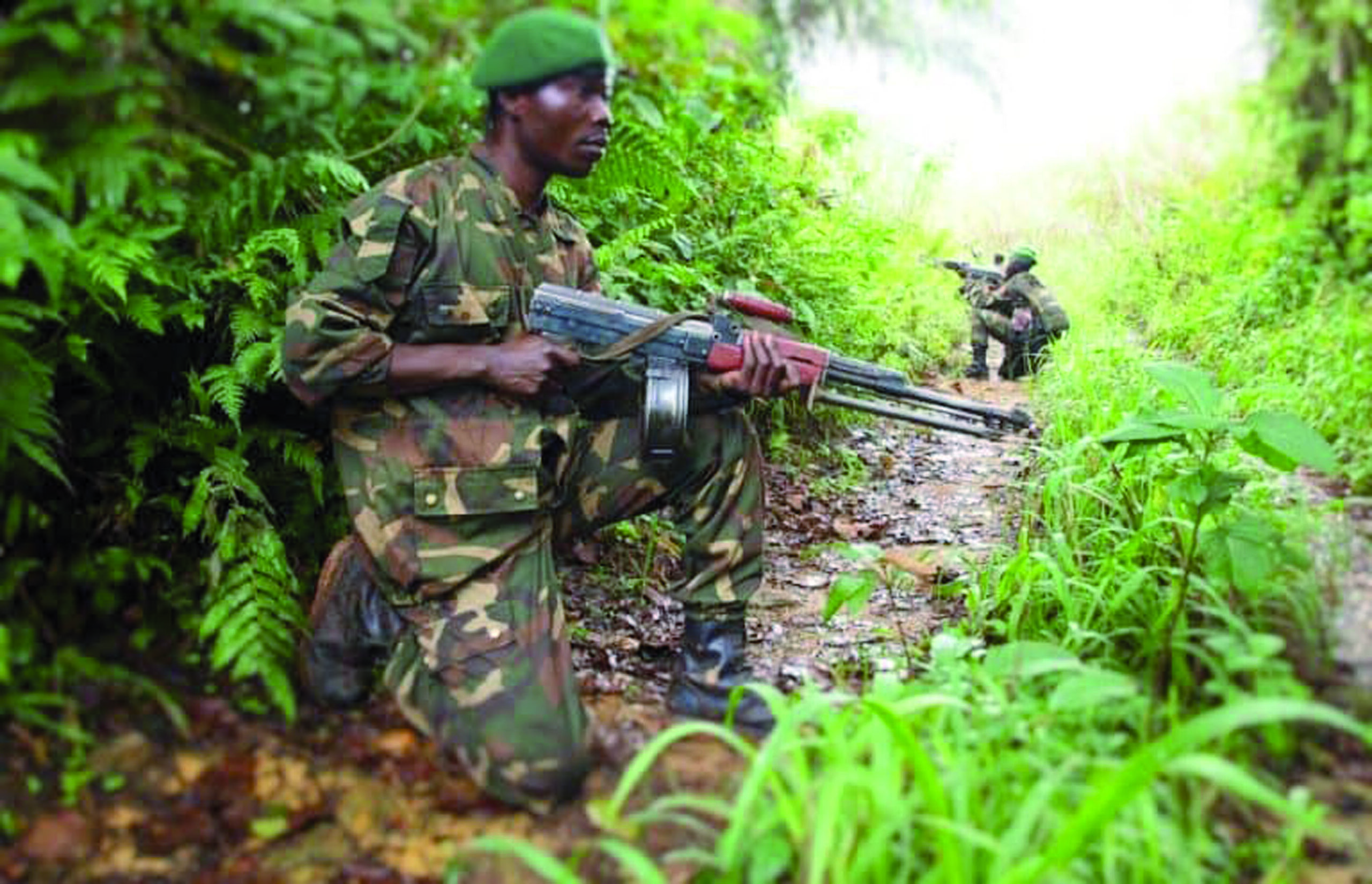
Last year in Africa, one of the saddest events was the resurgence of the M23 armed rebellion’s attacks in the East of the Democratic Republic of Congo (DRC). Blood shedding, mass raping, destruction of farms, of properties; hundreds of thousands of refugees, and pillaging of the Congolese natural resources are the daily woes the population has been enduring.
Accusations target the M23 rebellion as a major source of the permanent insecurity that has seriously damaged the relations between Rwanda and the DRC. Now, it is jeopardizing the DRC’s territorial unity.
M23 fighters are mainly Congolese of the Tutsi ethnic group. The M23 rebellion erupted spectacularly in the news in 2012 when it easily defeated the DRC regular forces and took over Goma, a provincial capital in the Kivu region, East of DRC.
What is the M23 movement? A hybrid rebellion. “At the fore of unrest in the eastern Democratic Republic of Congo (DRC) is the March 23rd Movement (M23)—named after a botched peace deal signed on March 23, 2009,” writes Zachary Benton Nelson in his essay, “Rwanda: The Guiding Hand of the March 23rd Movement,” published in the summer 2015, issue 47 of “World Outlook,” an academic journal of the Dartmouth College in Hanover, New Hampshire, ASA.
Nelson continues: “This was a rebellion defined by the avaricious intentions of neighboring Rwanda, but veiled and publicly predicated on addressing political grievances — a messy quagmire steeped in viciousness startling even to such a war-weary region. Although the M23 uprising is pegged as a civil war, it has an unmistakable Rwandan flavor. Rwanda spurred the M23 conflict as an ingenious proxy for a self-motivated adventure of economic imperialism.”…
